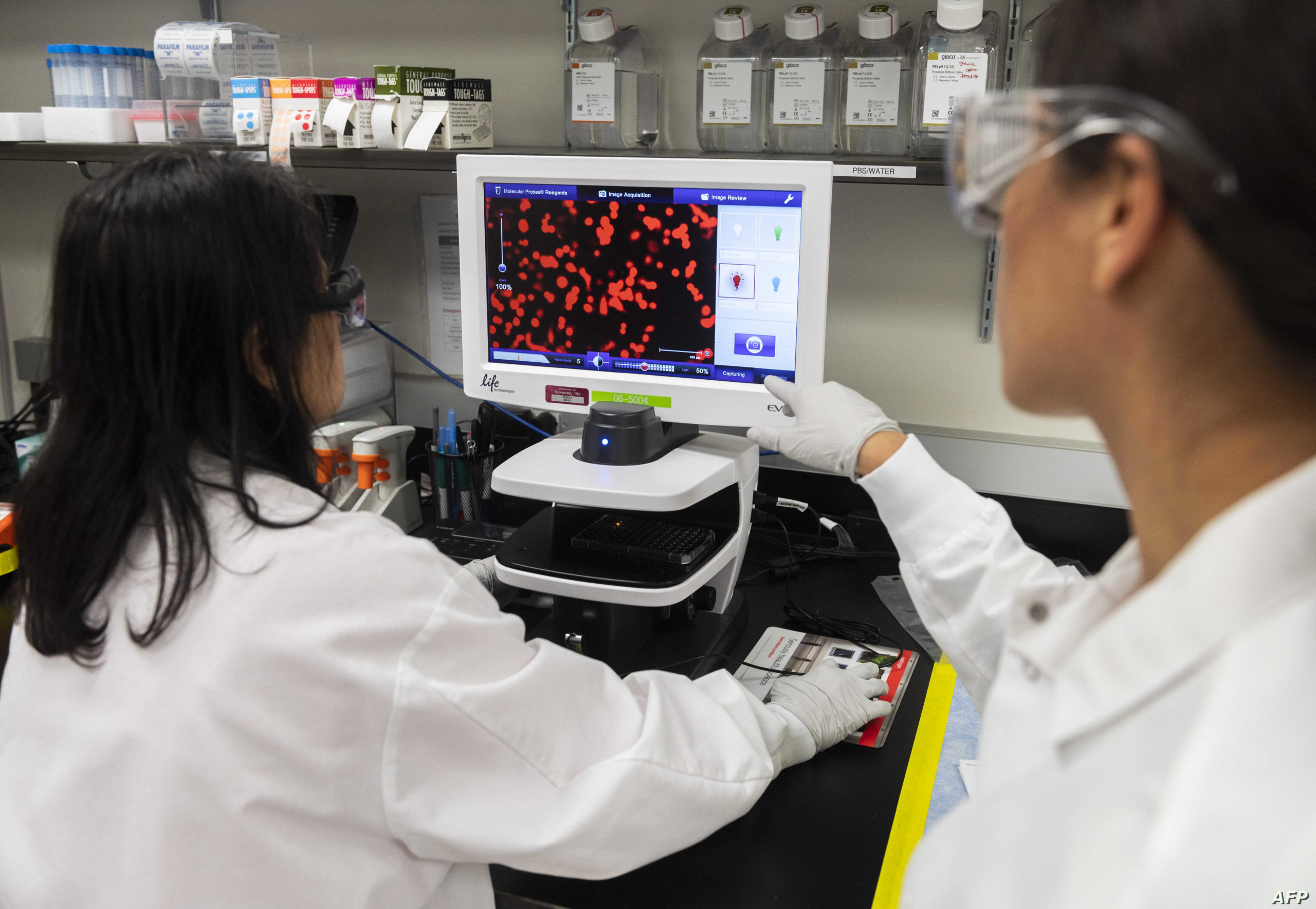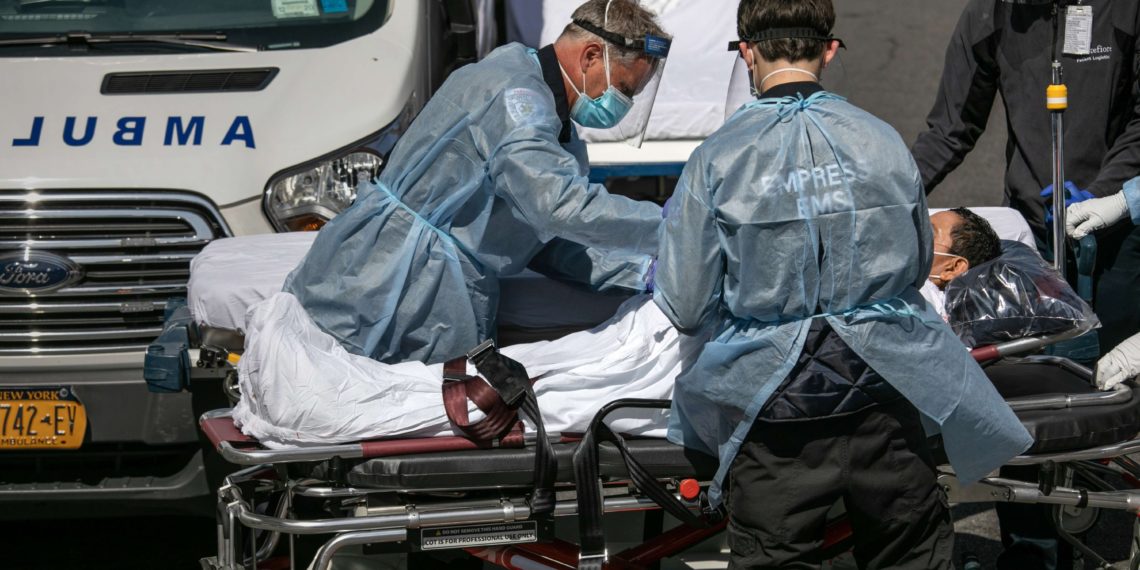As the current health and economic crisis continues to unfurl, the United States’ devastating lack of foresight and subsequent inability to respond to and contain COVID-19 has become the enduring story.
Whether the U.S. could have seen the pandemic coming is another story, but this much is true: the country was not ready. So where do we go from here? How can healthcare leaders pick up the pieces while they are still falling and move hospitals, fellow professionals, and the country forward?
Before doing anything, leaders must make a choice. They can either see the pandemic itself as a problem they must solve, or see the pandemic as a symptom of the problem they choose to solve.
Problem or Symptom of the Problem?
Seeing the pandemic as a problem that must be solved turns the disease into the cause for all public health, economic, and social woes. Stopping the disease by curing sick people and vaccinating others will end all of these problems.
This choice will cause leaders to tunnel their vision and react with speed and efficiency to stop the spread.
The second choice – seeing the pandemic as a symptom of the problem health leaders choose to solve – allows them to recognize that the disease itself was not the cause of our woes. COVID-19 can spread because of the systemic public health, economic, and social weaknesses that made us vulnerable.
This choice allows leaders to accept broader and slower progress, but with long-lasting effect.

Of course, one treats symptoms as much as one can. We all take the occasional Dayquil along with our antibiotics. But the smart ones don’t only take Dayquil when they should be taking other medicines as well. And the wisest and healthiest among us learn how to take general preventative measures to avoid getting sick as much as possible.
Similarly, while we should search for a cure and vaccine for COVID-19, we should also recognize that these solutions won’t stop another crisis or the next public health threat.
Solving Problems Before They Happen
For leaders who look “upstream,” the perspective of “returning” to the status quo is a wasted opportunity. Healthcare leaders who choose to measure success by making things not happen rather than effectively responding will profoundly change healthcare delivery and public health initiatives for years to come.
Changes will not simply be a matter of stockpiling more protective gear or medical equipment and waiting to respond to the next crisis. Priority must be on limiting the need for a response by emphasizing how to avoid problems using reimagined infection-control practices, data analytics, technology, and a greater appreciation of the relationship between socio-economic challenges and health risks.
With the coronavirus, the lack of a right to health care endangers everyone in the United States: “America’s 28M uninsured people, 11M [undocumented] immigrants and an unknown number without sick pay all have reasons to avoid testing or isolation.” https://t.co/BxMe6OIG1N" pic.twitter.com/Zu8k2LZkk1
— Kenneth Roth (@KenRoth) March 14, 2020
“If you wait for things to happen,” sports physician Dr. Marcus Elliott argues, “you can never quite put things back together the way they were before.” Yet, these leaders won’t even think about the way things were before; they will be thinking about how things could be better.
Engaging Patients
For any upstream strategy to be successful, health leaders must engage patients. It will not be enough for health professionals and public health officials to commit to systemic change; the public must also buy in.
To communicate and collaborate with patient populations, hospital leadership should participate in town halls to learn the patient’s and staff’s preferences and fears. They should encourage patient input to assess, for example, the suitability of telehealth and other virtual options to develop safer, affordable, and accessible care. Such engagement can also expose inefficiencies so that leaders can better match patient needs with hospital resources.
What healthcare delivery will look like after the pandemic is not a decision that hospital leaders will make in isolation. The answer will come through collaboration between federal and state governments, providers, and patients.
What healthcare leaders can do, however, is to recognize the problem, take ownership of the commitment to solve it, and search for new approaches to make the needed permanent change.
Disclaimer: The views and opinions expressed here are those of the author and do not necessarily reflect the editorial position of The Globe Post.






















